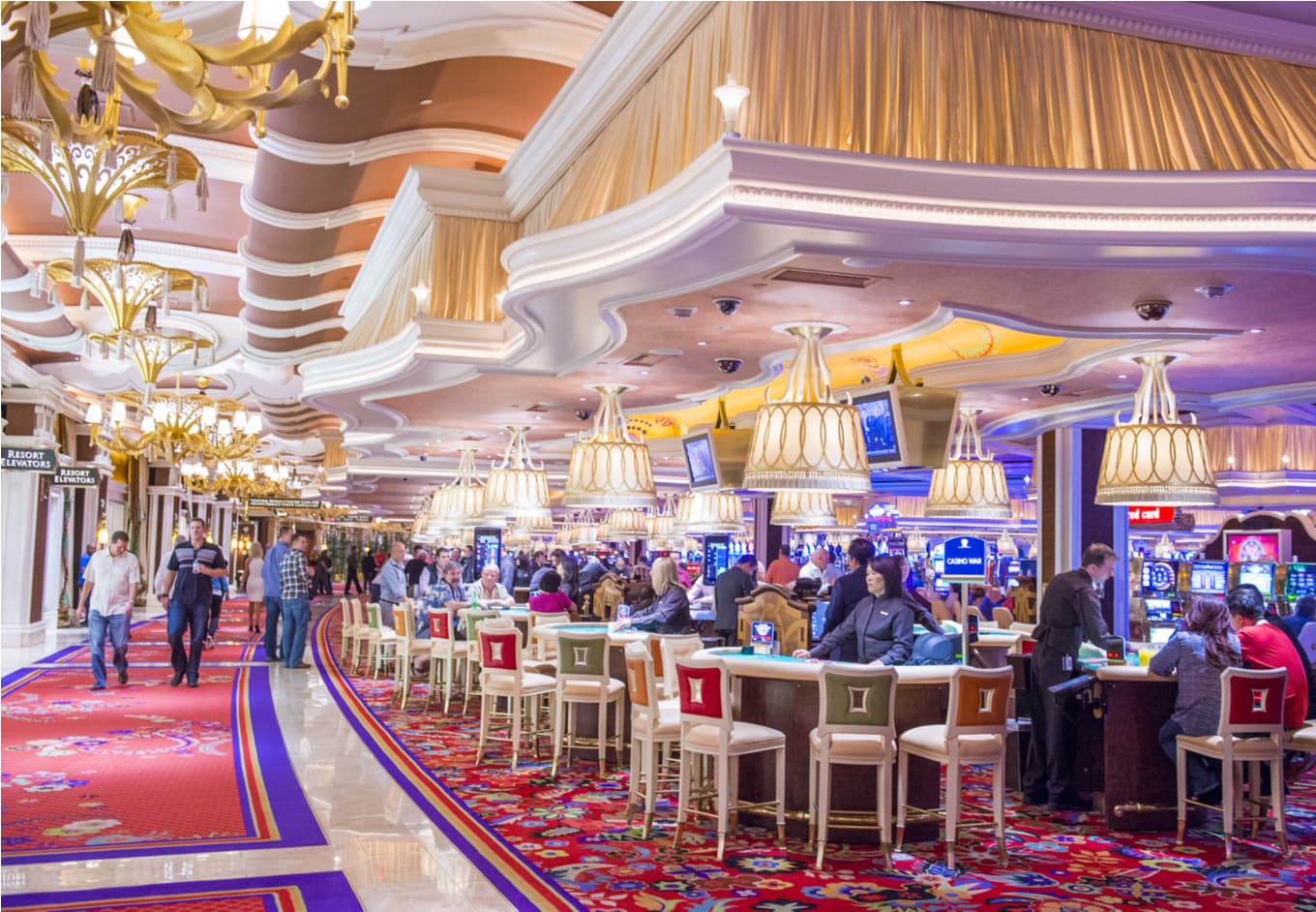In what way Casino Games Reflect the Humanity's Experience

Casino games have long been an integral part of human culture, delivering not just entertainment but a fascinating reflection of our dreams, wishes, and concerns. From the turning reels of a slot machine to the tactical play of poker, these games encapsulate a variety of human sentiments and incidents. At their core, casino games are more than a chance to earn cash; they are a snapshot of life itself, where risk versus reward converge and luck can change in an eye blink.
As players convene around tables or sit in front of glowing machines, they engage in a tradition that transcends mere betting. These games mirror our natural desires for social interaction, thrill, and the quest for chance. They also unveil deeper truths about human nature, such as our relationship with luck and the excitement of the unknown. In exploring casino games, we uncover not only the mechanics of play but also the rich tapestry of the human experience, showcasing our intertwining narratives of goal and reality.
The Mind Behind Gambling
Wagering is intrinsically connected in human psychology, appealing to various emotions and desires. The thrill of risk-taking is a fundamental aspect that attracts participants, be it the thrill of spinning a roulette wheel or the anticipation of drawing a winning card in a poker game. This adrenaline is often compared to other forms of thrill, as the uncertainty of outcomes triggers a unique psychological response. Gamblers often become captivated by the chance of striking it rich, leading to an irresistible draw toward casino games.
Additionally, a crucial component of the psychology behind gambling is the concept of optimism and ambition. Participants often indulge in dreams of financial freedom and the opulent lifestyle that can accompany winning. This hope fuels their ongoing participation in casino games, as it provides a sense of meaning and the belief that a life-changing win could be just one wager away. The story of beating the odds and finding success resonates with many, strengthening their dedication to play and involve themselves with these games.
Lastly, social dynamics play a crucial role in gambling psychology. Casino environments are designed to foster social interaction, where gamblers gather to share the experience of wins and losses. This shared aspect not only enhances enjoyment but also influences behavior, as individuals often imitate the actions of others in their vicinity. The collective approval found in shared excitement can magnify the emotional experience, making casino games a mirror of not just personal desires but also shared involvement within the gaming community.
### Risk and Reward: A Double-Edged Sword
Gambling games embody the fragile balance between risk and reward that resonates profoundly with the human experience. The thrill of placing a wager is often accompanied by a surge of excitement, as participants are confronted with the possibility of winning big, yet cognizant of the risk to lose. This bipartisan experience reflects a essential aspect of life: the choices we make often come with inherent risks, and the chase for gain can compel us to make risky moves we might not normally consider. In this way, gambling activities reflect real-world choices, enticing players to risk not just their funds, but also their dreams.
The allure of big prizes and payouts fuels a feeling of positivity, motivating players to dream of a brighter future that could manifest from a fortunate turn of the wheel or turn of a card. This hope can drive individuals to engage in greater risks, encouraging them to take greater risks in search of financial gain. However, just as in life, the results of these risks can lead to both victory and failure. The narratives of both jackpot winners and those who have lost everything at the tables demonstrate the unpredictable nature of luck and its consequential effect on our lives.
Ultimately, the interaction of engaging with casino games serves as a potent reminder of the human condition. Every game played is filled with the tension of ambiguity, as players weigh the gains against the dangers. This dynamic not only highlights the thrill that comes with gambling but also exposes the vulnerabilities that come with the desire for more. As we journey through the challenges of choice and results in both the casino and in life, we find that the pursuit of risk and reward shapes our identities and experiences in deep ways.
Society and Loneliness in Casino Environment
Gambling environment is a distinct mix of social interaction and individual pursuit, reflecting the tensions of human experience. Gamblers often come together around tables, sharing in the excitement of the action, rejoicing in wins, and sympathizing over losses. This social aspect is essential, as it creates a sense of community and camaraderie among diverse groups of individuals. Regular attendees to casinos may form friendships and develop routines, turning the gambling venue into a second home where they feel connected to a greater community of gamblers. Miso88 - nhà cái trực tuyến uy tín hàng đầu châu á
However, the attraction of casino activities can also lead to loneliness. As players become engrossed in the thrill of playing, they may withdraw from personal relationships or fail to interact with the environment outside the casino. For some, the pursuit of a jackpot can overshadow real connections, leading to loneliness. The experience of being among people yet experiencing solitary is not uncommon, as the attention shifts from collective fun to the private stakes of each player’s journey.
This interplay of community and solitude creates a vivid mosaic that defines gaming culture. It highlights the complexity of human interactions, where happiness and despair coexist. Casinos serve as both a sanctuary for social engagement and a platform for individual challenges, demonstrating how deeply connected our desire for companionship and the individual quest for wealth can be. In navigating this landscape, players confront their own narratives—seeking both the thrill of the game and the companionship of fellow gamblers, ultimately mirroring the wider spectrum of human experience.
